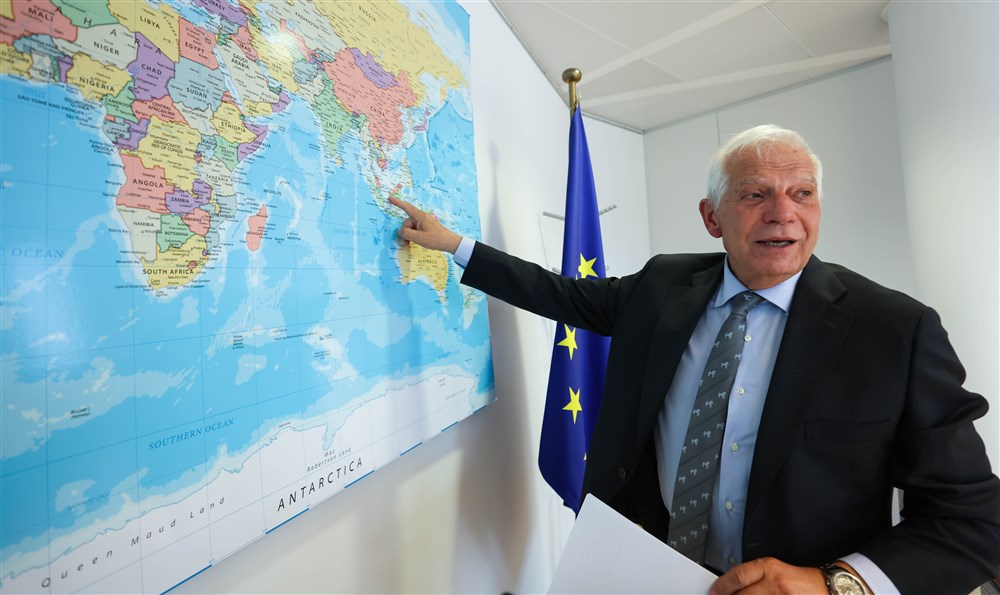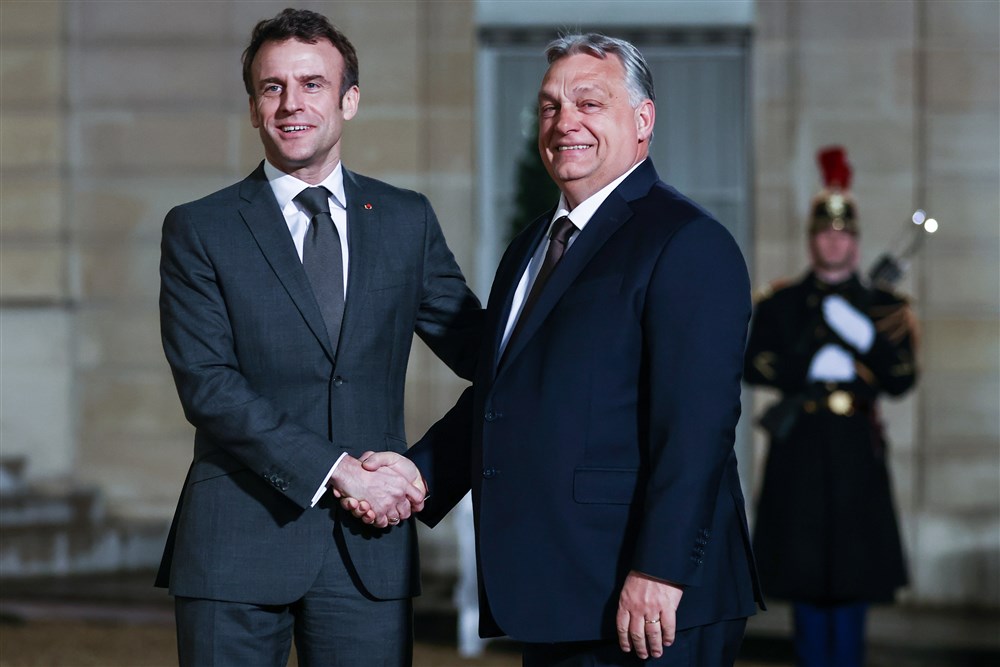The European Commission is violating the terms of the Lisbon Treaty through its drive for renewable energies and the green deal, claims one of the executive’s former officials.
Article 194 of the 2007 Treaty on the Functioning of the European Union—also known as the Lisbon Treaty—safeguards a member state’s right to determine its own energy policy.
But the raft of new laws being passed by Brussels as part of its green deal pledge to make Europe the first climate-neutral continent by 2050, “appear an effort to control member states” and take away their freedom to choose the energy sources they deem best.
“I’m very surprised member states are not complaining,” Samuele Furfari, who spent 36 years in the European Commission, said during a ‘green deal’ panel discussion chaired by the European Conservative journal.
“The EU has produced fantastic results in the last 60 years,” said Furfari, emphasising that he is “pro-Europe”.
He continued: “It is only in the last 10 years that we [started] destroying the success of the past.”
He highlighted that while the use of renewable energy is undoubtedly growing, use of fossil fuels is growing too. Wind and solar represent 20 per cent of energy production in OECD countries, he noted: “that means 80 percent of energy is still coming from fossil fuels.”
After 50 years of research and money spent, wind and solar only represent three per cent of the world’s energy production.
In addition to contravening the constitutional foundations of the bloc, Furfari says, the EU risks committing a blunder if it continues to turn its back on nuclear energy solely in the name of renewable energies. The bloc should take note of what China is doing when it comes to energy production, he says.
China plans to build more than 100 nuclear power reactors over the next 15 years, according to the World Nuclear Association. That would be more than the rest of the world has built in the past 35 years. China currently has 23 reactors under construction.
“I do not understand what world they [the EC] are in,” Furfari said. “If they continue, people will become disillusioned with the EU—when we need the EU. There is no future without cheap and abundant energy. Energy is life; without energy you can’t have life.”
Approaches to utilising nuclear energy vary among EU member states. Germany has just completed phasing-out its nuclear energy with its last three reactors going off grid at the beginning of April. Belgium remains heavily dependent on its seven reactors while France plans for nuclear to continue comprising a high proportion of its electricity-producing portfolio in the future.
“Gaping vulnerabilities due to fossil fuel dependence became a stark reality [during the Ukraine war],” said Sarah Brown, a senior analyst for Ember, a global energy think tank. “It remains critical that the EU rapidly expands solar and wind to attain permanent energy independence.”
The growth of wind and solar has enabled the EU to avoid €12 billion in gas imports, according to Ember.





